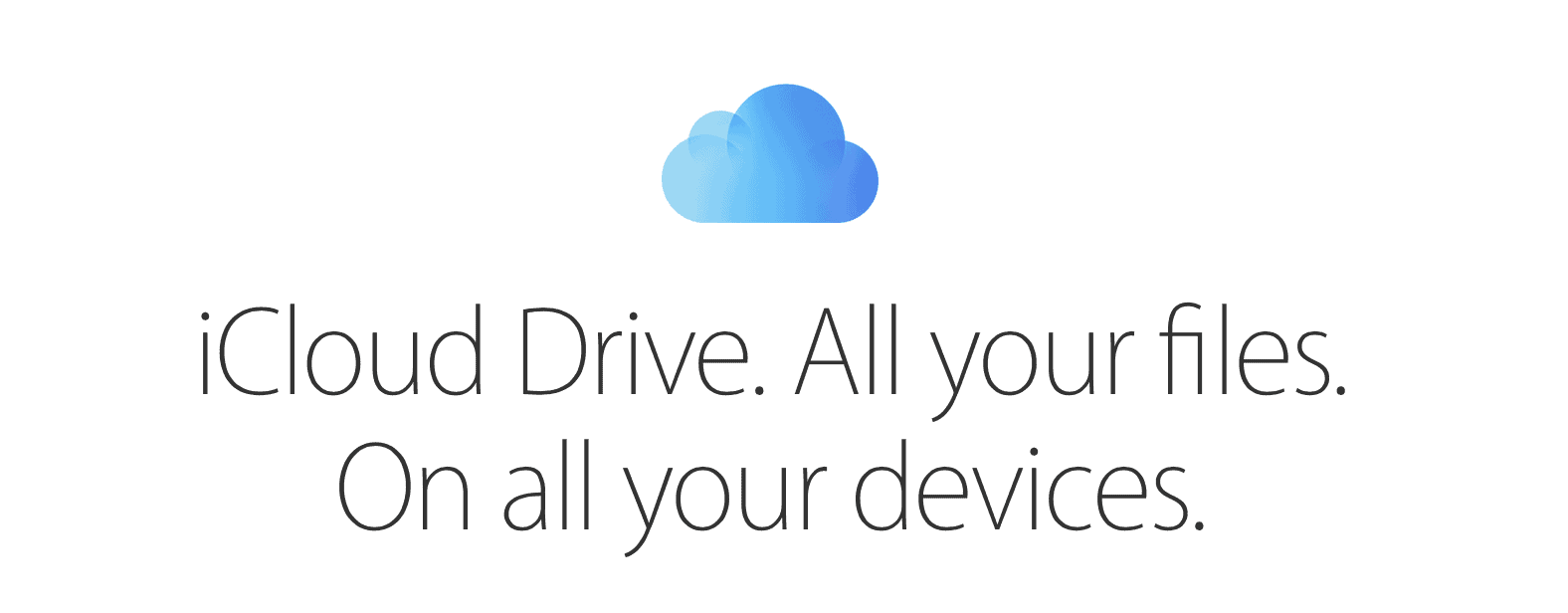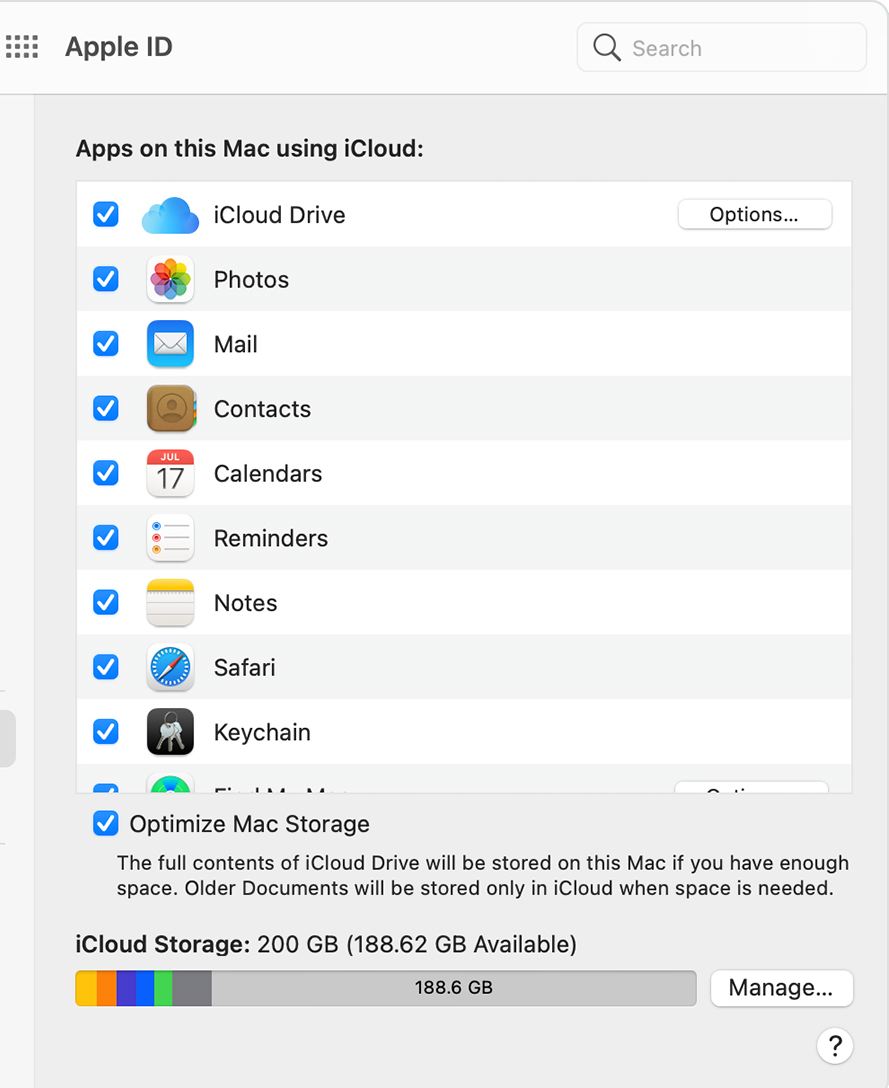Well the idea of all your files on all your devices sounds great, but it is a chimera. Firstly they are not necessarily on your device, but can be in the cloud. Secondly you will soon be paying for this privilege, Thirdly they are not always accessible, in effect they cannot be relied upon.
If you have a small hard disk, files are “evicted” to iCloud. Soon you can no longer download them all and you become a Prisoner of iCloud. Keep paying the ransom! This may sound like a bad joke, but your old unused files can be deleted by Apple after 6 months. The terms Apple sets for iCloud specifically exclude any liability for loss of data. Also iCloud doesn’t work perfectly all the time, so do check Apple’s service status page.
My personal advice is never to use iCloud for data backup, although it can be useful for sharing and syncing data between devices. iCloud is not Time Machine, which backs up data to a local hard disk. You cannot backup an entire Mac to iCloud, but you can use it for the iPhone, iPad, and Apple Watch. You will be paying for this, since you will soon use up the free 5GB allocation.
Much better value is to buy a 2TB hard disk for about £55, like the Toshiba 2TB Canvio Basics Portable External Hard Drive, USB 3.2, and store or backup your data on this. You will no longer be a prisoner or have to pay the ransom. Apple will charge you over £80 per year to backup this amount of data to iCloud.
To delve a bit deeper, if you are using iCloud Drive (which Apple encourages, it earns them money) beware of this symbol:
This means the data is stored in the cloud and you do not have full control of it. If it is a large item like a video, it may take hours to download. You may also see this icon in iTunes, where there are 6 possible iCloud icons. Unfortunately you have very little control over items that may suddenly go to the cloud. Your only control is basically on or off, but do not play around with this, since it may take hours or even days to re-sync an iCloud Drive.
So some advice, since there many options about what you can sync. I personally sync Mail, Contacts, Calendars, Safari, Notes, Find my Mac. Reminders, Siri and Keychain may also be useful to sync via iCloud. These are all small items and should be free to sync. Since I am a photographer I do not sync Photos, that would be an expensive nightmare. For some people it may be useful, but you will soon be paying for more storage. Also do not sync items you may not use like Stocks, News, Home. If you use iCloud for i-device backups remember they are a space hog, and to delete out of date or unused devices. Obviously I do not use or recommend iCloud Drive. Do not “Manage” your files in About this Mac / Storage, unless you are aware of the consequences, it switches on iCloud Drive. Before deleting anything from iCloud, be sure you won’t need it again. Once it’s deleted from iCloud, it’s gone forever.
My favourite article on iCloud problems is by Howard Oakley, it is quite long and there is no magic bullet. To conclude, keep in mind that the Italian antitrust regulator has found that Apple’s iCloud terms and conditions are unreasonable and unfair to consumers, and may breach consumer protection laws. Best of luck navigating the modern world of cloud computing!
Update 14/11/24
Apple accused of trapping and ripping off 40m iCloud customers says BBC article.



